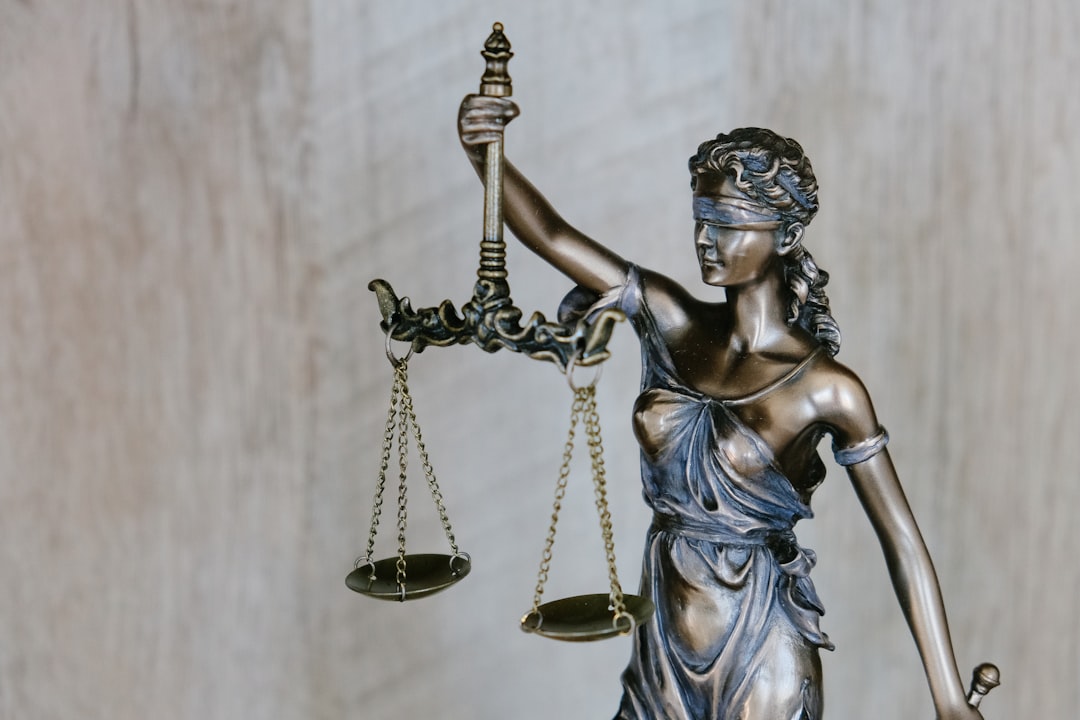A mysterious mathematical expression is presented, featuring unique symbols and operations. The text seems to challenge conventional interpretation, with references to a "debt collector" and an "attorney in NH" potentially alluding to a legal or financial context. While the equation remains unresolved, it suggests a complex interplay between numbers and variables, leaving room for further exploration by experts in mathematics or legal professionals.
11? (
Understanding Debt Collector Harassment Laws in New Hampshire

In New Hampshire, debt collector harassment is taken very seriously under state law. Understanding your rights as a consumer and knowing what constitutes legal collection practices can help protect you from unfair or abusive behavior. A debt collector Attorney NH can provide guidance on navigating these complex laws to ensure your rights are respected throughout the process.
New Hampshire’s laws aim to balance the interests of creditors (those owed money) with the protections afforded consumers. Debt collectors must adhere to specific rules regarding communication methods, frequency, and overall conduct when attempting to collect a debt. Violations of these regulations can lead to legal action by those affected, resulting in potential compensation for damages incurred due to harassment.
What Does the Law Say About Debt Collection Practices?

In New Hampshire, debt collection practices are regulated by state and federal laws designed to protect consumers from harassment and unfair treatment. The Fair Debt Collection Practices Act (FDCPA), a federal law, sets out clear guidelines for how debt collectors can interact with debtors. These include restrictions on the time and manner of contact, as well as bans on using abusive, threatening, or deceptive language.
Local laws in New Hampshire further reinforce these protections. A debt collector Attorney NH can help navigate these regulations to ensure compliance and protect individuals from illegal collection practices. Consumers who believe they have been harassed or mistreated by debt collectors have legal recourse and can file a complaint with the Consumer Financial Protection Bureau (CFPB) or take civil action against the collector.
Rights of Debtors and Responsibilities of Debt Collectors

In New Hampshire, debtors have specific rights protected by law to ensure fair treatment during debt collection processes. According to the Consumer Protection Division, debt collectors must adhere to strict guidelines when contacting individuals about their debts. These rights include the collector’s obligation to identify themselves and the organization they represent, provide a clear statement of the amount owed, and refrain from using abusive or deceptive practices. Debtors are also protected from harassment, threats, or any form of intimidation during interactions with debt collectors.
The responsibilities of debt collectors in NH extend beyond legal compliance. They must maintain accurate records, verify the validity of debts before collecting, and provide a clear understanding of payment options available to debtors. A debt collector Attorney NH can assist individuals in understanding their rights and navigating the complex regulations surrounding debt collection practices, ensuring that both parties involved are treated fairly and ethically.
Legal Action and Remedies for Harassment by Debt Collectors

If you’ve experienced harassment from a debt collector in New Hampshire, it’s crucial to know that there are legal avenues to seek justice and remedies for such actions. The Fair Debt Collection Practices Act (FDCPA) is a federal law designed to protect consumers from abusive, unfair, or deceptive practices by debt collectors. If a debt collector violates this act, individuals in NH have the right to take legal action. Consulting with a skilled debt collector attorney in New Hampshire is a critical step towards understanding your rights and options.
A debt collector attorney can help navigate the complexities of FDCPA regulations and determine if your rights have been infringed upon. Remedies may include demanding that the debt collector cease all harassment, obtaining damages for emotional distress caused by their actions, or even suing the collector on behalf of affected individuals. Protecting oneself from debt collector harassment is not just about stopping the immediate distress; it’s also about setting a precedent to deter future abusive practices in the industry.






